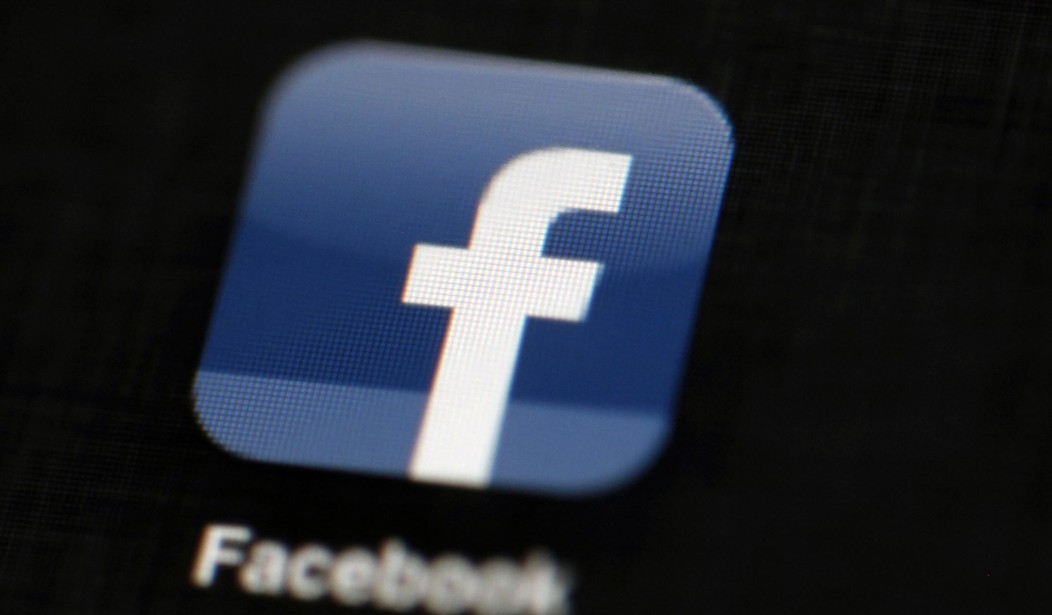I joined Facebook originally so that I could see pictures of my kids and grandkids, keep tabs on what they were doing, and share my own pictures and adventures. I rarely used the platform initially, except on vacation, and I almost never sought out "friends." I was wise enough not to let Facebook get hold of my contact list, usually remembered to turn off the location button unless I wanted it to be known I was someplace exciting, say Paris or Seville, and knew better than to post anything more than what I wouldn't mind seeing in print with my name attached. But over the years I was on the platform, "friends" kept accumulating -- first people who sent me friend requests who also happened to know actual friends of mine and then "friends" of those "friends" and so on. I also felt compelled to answer political comments and to post my own take on events, especially during the 2016 election.
But after the election, I found myself more and more irritated by what I was seeing on my feed and found that trying to reply with reason and evidence to some of the wackier stuff just generated more creepiness. I learned how to block and unfriend, which I did on a case-by-case basis, depending on how far out the posts of the offender were. Then, this week, I'd had enough. I looked up "how to deactivate your Facebook account," quickly found the answer and did the deed. It wasn't so much my irritation at something someone posted as it was the news that Cambridge Analytica, an outfit Steve Bannon helped start, had used Facebook to mine data from unwitting Facebook users, data that may well have been used in the Trump campaign -- and (though this is mere speculation on my part) may even have found its way to St. Petersburg, Russia, and been exploited by Vladimir Putin's trolls during their interference with our election. Turns out I was not alone in hitting the "delete my account" button. A whole movement has sprung up of like-minded users who were, frankly, outraged at being used.
The convenience of apps such as Facebook's has made many of us vulnerable to being tracked, watched and manipulated without our thinking about what we're opening ourselves up to. When I am to meet a friend for lunch and set the meeting place in my calendar, my phone alerts me about what the traffic is like and when I should leave. It's a great convenience, especially for someone who often gets wrapped up in what she is reading or writing and doesn't notice time passing. But of course, the ability of Apple to alert me and guide me to where I am going in order to meet someone whose name can be found in my contacts means that that information is vulnerable to exploitation. When I use the internet to shop, within minutes or hours, ads for items similar to the one I either purchased or viewed without purchasing start popping up every time I open a newspaper app on my phone. I looked at ceiling fans recently, and for days afterward, those same fans appeared on top of the Washington Post banner when I clicked on the WaPo app.
Recommended
Big Brother is watching. It is not just the National Security Agency but Amazon and Facebook and a ceiling fan distributor and a new eatery in the neighborhood you happen to be driving through. Worse, they know a whole lot about you. They know how you spend your money, where and what you like to eat, and what videos or pictures capture your attention, and if you're silly enough to take the bait, they can test your IQ, your gullibility or paranoia, your authoritarian or libertarian tendencies, and your religious and political views. Of course, there are ways to put up protective barriers if you're technologically adept. But most of us don't like the inconvenience of disabling cookies, and some sites won't even let you in the front door if you do disable them. We like the reminders, the directions to where we're going and the ability to check out ratings on products and services we buy and rate them ourselves. But opening ourselves up to political manipulation is a bridge too far.
Facebook stock has fallen precipitously this week as a result of news stories reporting that data about as many as 50 million users were improperly used. Good. Facebook's role in the 2016 election, from Russian ads and fake news to voter profiling, is a cautionary tale with respect to the fragility of democracy. Facebook deserves to be taught a lesson, too. Protect your users, or you soon won't have many.

























Join the conversation as a VIP Member